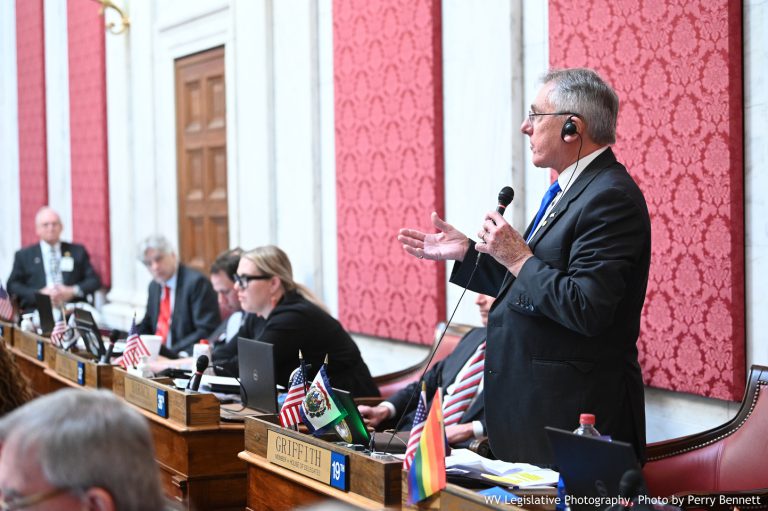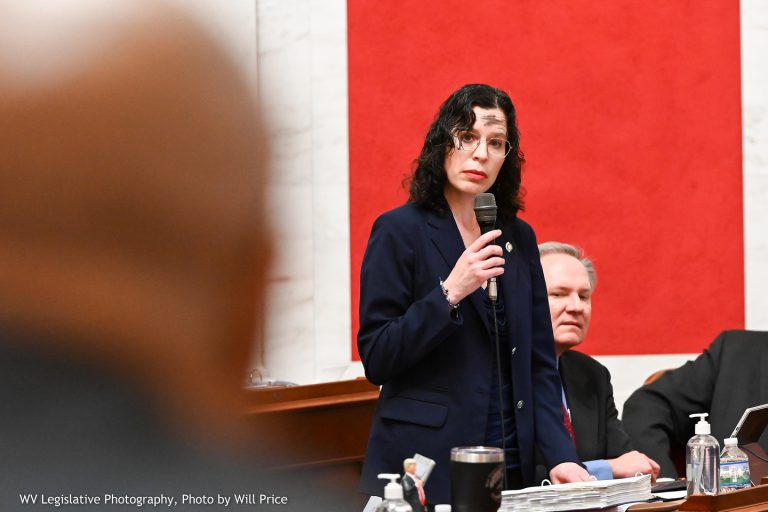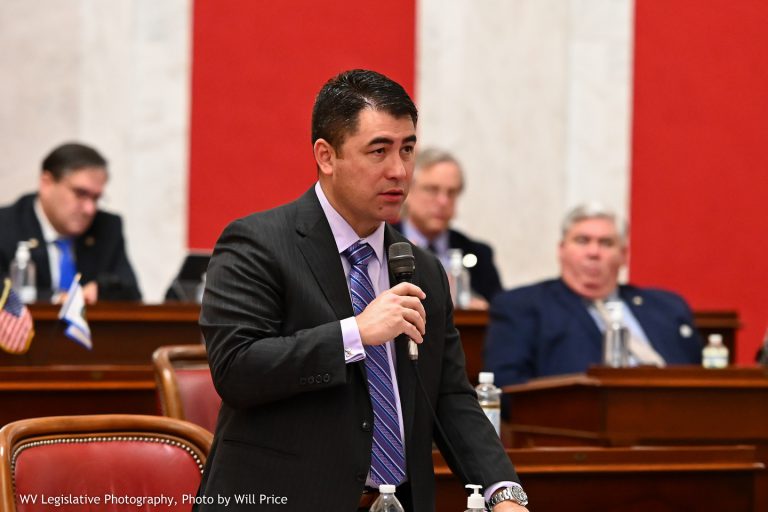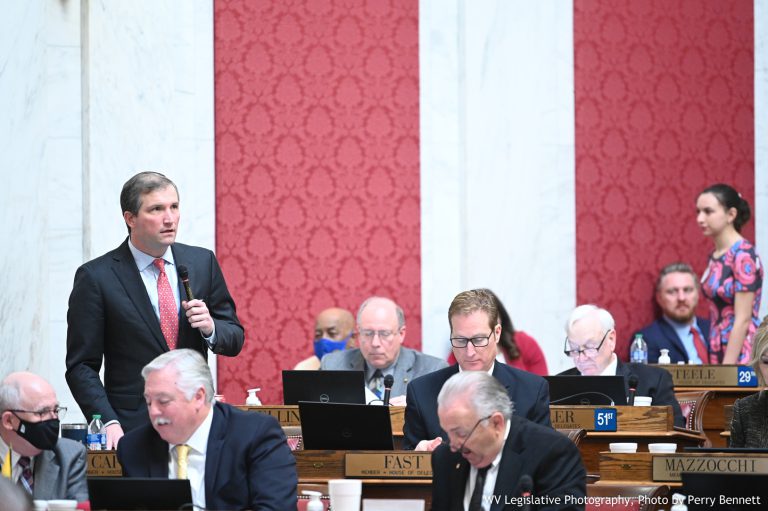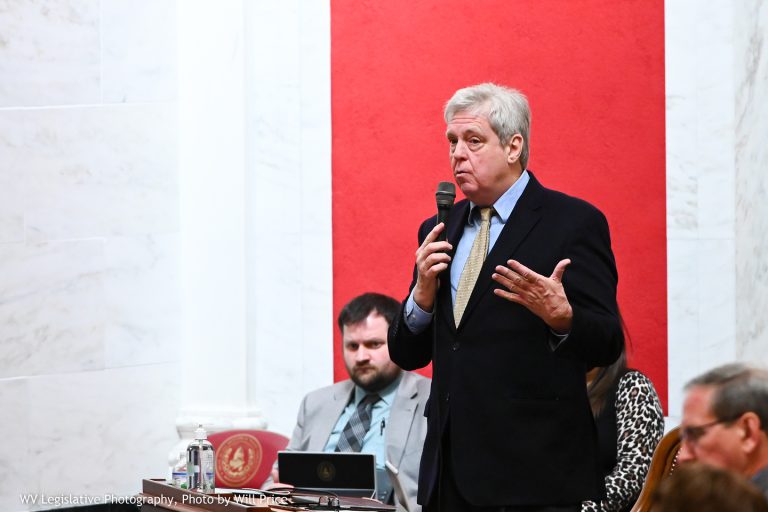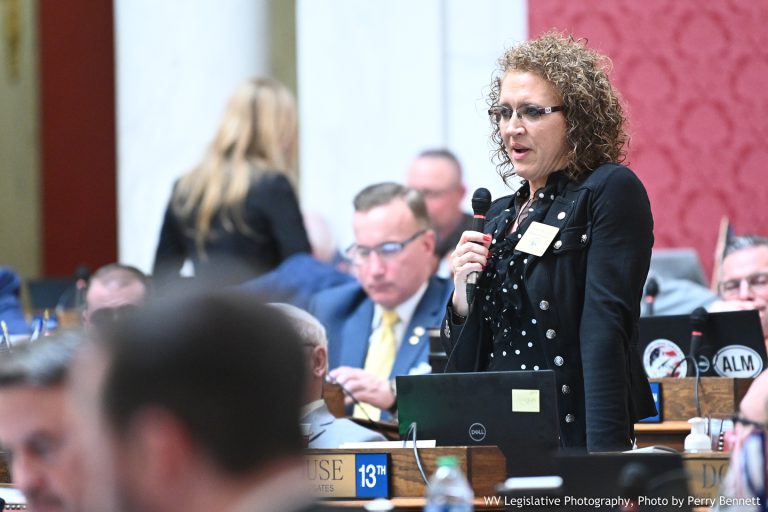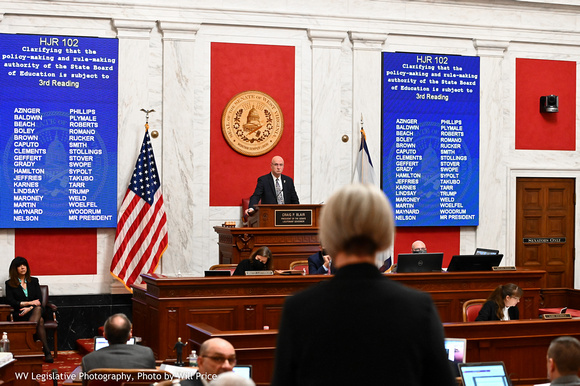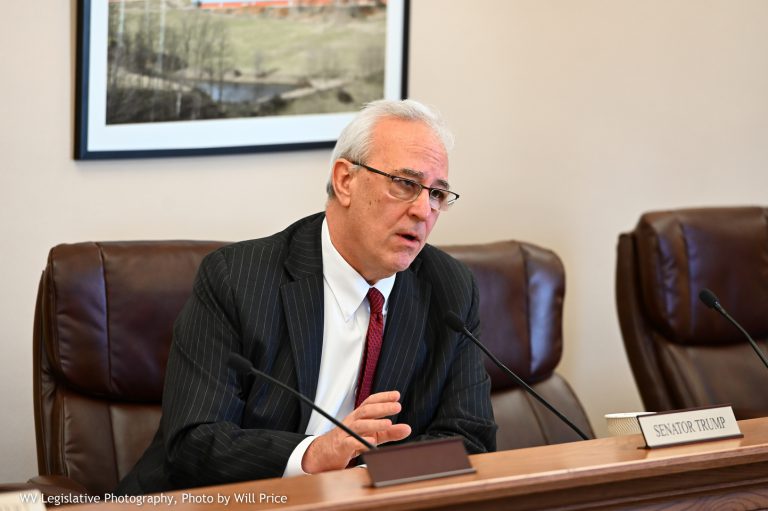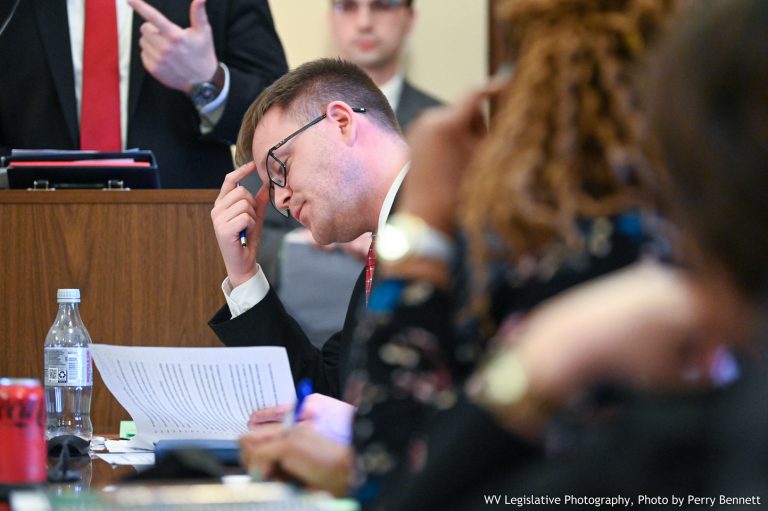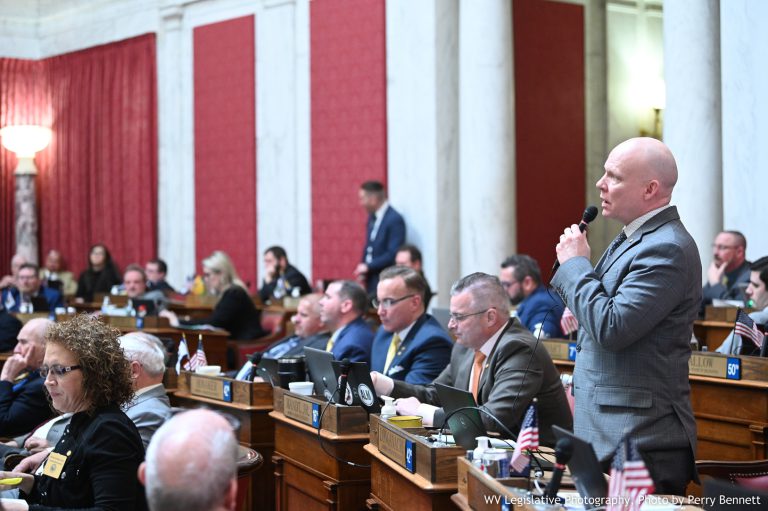It’s Crossover Day, which means all House Bills must be sent to the Senate and all Senate Bills must be sent to the House to be able to complete legislative action.
In the session this morning, the House passed ten bills and one resolution, leaving 20 bills for consideration after the recess.
House Bill 2910 sets a standardized formula for magistrate apportionment. The bill provides that the number of magistrates can be adjusted every 10 years following the census. The bill removes the cap of 158 magi rates statewide.
House Bill 4020 reorganizes the Department of Health and Human Resources into two departments by creating the Department of Health and the Department of Human Resources. The following agencies and boards would be a part of the Department of Human Resources: Bureau of Social Services, Bureau of Medical Services, Bureau for Child Support Enforcement, Bureau of Family Assistance, Bureau of Behavior Health, Office of Drug Control Policy, and Office of Maternal Child and Family Health. The following agencies and boards would be a part of the Department of Health: Bureau for Public Health, Office of Emergency Medical Services and the Emergency Medical Service Advisory Council, Office of the Chief Medical Examiner, Bureau for Health Facilities, Bureau of the Inspector General, Office of Health Facility Licensure and Certification, and Health Care Authority.
House Bill 4021 amends the Medical Student Loan Program. The bill authorizes medical schools to make loans, by using a special revolving fund for the program. Eligibility requirements and maximum loan amounts are established. Students are required to do the following: complete the required course of instruction and received a doctorate of medicine or a doctorate of osteopathy, apply and obtain a license to practice medicine in WV, engage in the full-time practice of medicine for 12 months within an approved service commitment area, commence the full-time practice of medicine within nine months of completing a post-graduate residency training program and licensure in the approved service area and continue working in an approved area for a consecutive period of months equal to the total number of months for which the medical student loan was provided, and maintain records and make reports to the issuing medical school.
House Bill 4293 prohibits the mailing of unsolicited absentee ballot applications to any person who has not specifically requested one. The bill makes doing such a misdemeanor for a person who is not an elected official sends out 10 or more of the applications. If the person is an elected official, it is a misdemeanor to send out one unrequested absentee ballot application.
House Bill 4320 requires that a covered employer accept biological immunity for a communicable disease. It prohibits the requiring of a vaccine if protected antibody levels occur.
The House is in recess until 2:15 p.m.
Committee Meetings – Today
The Rules Committee will meet at 2 p.m.


